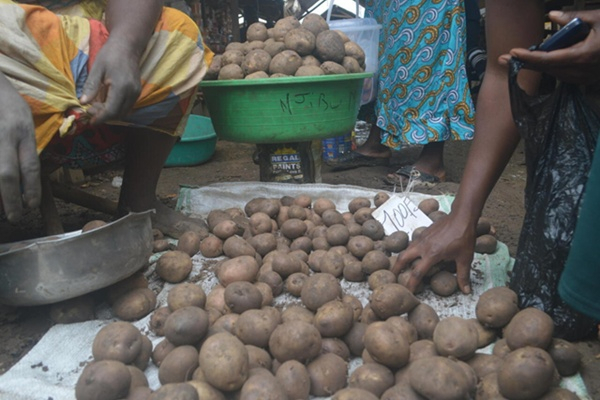In Djugu territory, located in Ituri province, persistent insecurity and a lack of transportation have severely disrupted local agricultural activity. According to testimonies gathered by Radio Okapi, food crops such as potatoes, cabbages, and beans are rotting in the fields, unable to reach consumer centers like Bunia due to logistical challenges.
The situation is particularly dire in localities such as Largu and Drodro, where armed groups have made key roads impassable, including those connecting Largu, Saliboko, and Katoto. "The roads have become impassable. Harvested produce remains on the spot and ends up getting lost," lamented Charité Banza, a civil society representative in Northern Bahema.
A 2023 study by the Food and Agriculture Organization (FAO) highlighted that 60% of farmers and 64% of herders in Ituri were already struggling to market their goods due to rising transport costs and deteriorating road infrastructure. These issues have limited market access, reduced rural incomes, and disrupted the flow of agricultural and livestock products to consumption centers.
Efforts have been made to address these challenges. In August 2024, the Stabilization and Recovery of Eastern DRC (Star-Est) project announced plans to rehabilitate 50 km of agricultural feeder roads in Djugu territory using high-intensity labor methods. This initiative aimed to open up production areas and facilitate crop evacuation along routes such as the Soleniama-Katoto-Kparngaza-Masumbuko-Blukwa axis. However, ongoing insecurity continues to undermine these efforts.
Beyond agricultural losses, the lack of transportation is affecting the supply of necessities in landlocked areas. Goods like soap, salt, and fuel typically transported from Bunia are becoming scarce, driving up prices. For instance, the price of a liter of fuel has surged from 3,500 to 5,000 Congolese francs in just a few weeks.
Boaz Kabeya (intern)










